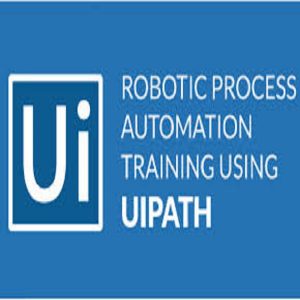How will I execute the practicals?
For your practical work, we will help you setup CertAdda’s Virtual Machine in your System. This will be a local access for you. The required installation guide is present in LMS.
Which Case-Studies will be part of this course?
The project work will consist of 5 different components based on different MapReduce Design Patterns learnt during the duration of the course. Participants are expected to complete each of these components in their spare time between the weekly classes. Each of these components will require close to 3 hours to complete. Solution to the project will be discussed in the last module.
Will I get placement assistance?
To help you in this endeavor, we have added a resume builder tool in your LMS. Now, you will be able to create a winning resume in just 3 easy steps. You will have unlimited access to use these templates across different roles and designations. All you need to do is, log in to your LMS and click on the “create your resume” option.
Who are the Instructor at CertAdda?
All our instructors are working professionals from the Industry and have at least 10-12 yrs of relevant experience in various domains. They are subject matter experts and are trained by CertAdda for providing online training so that participants get a great learning experience.
What if I have more queries?
Just give us a CALL at +91 8178510474 / +91 9967920486 OR email at admin@certadda.com







